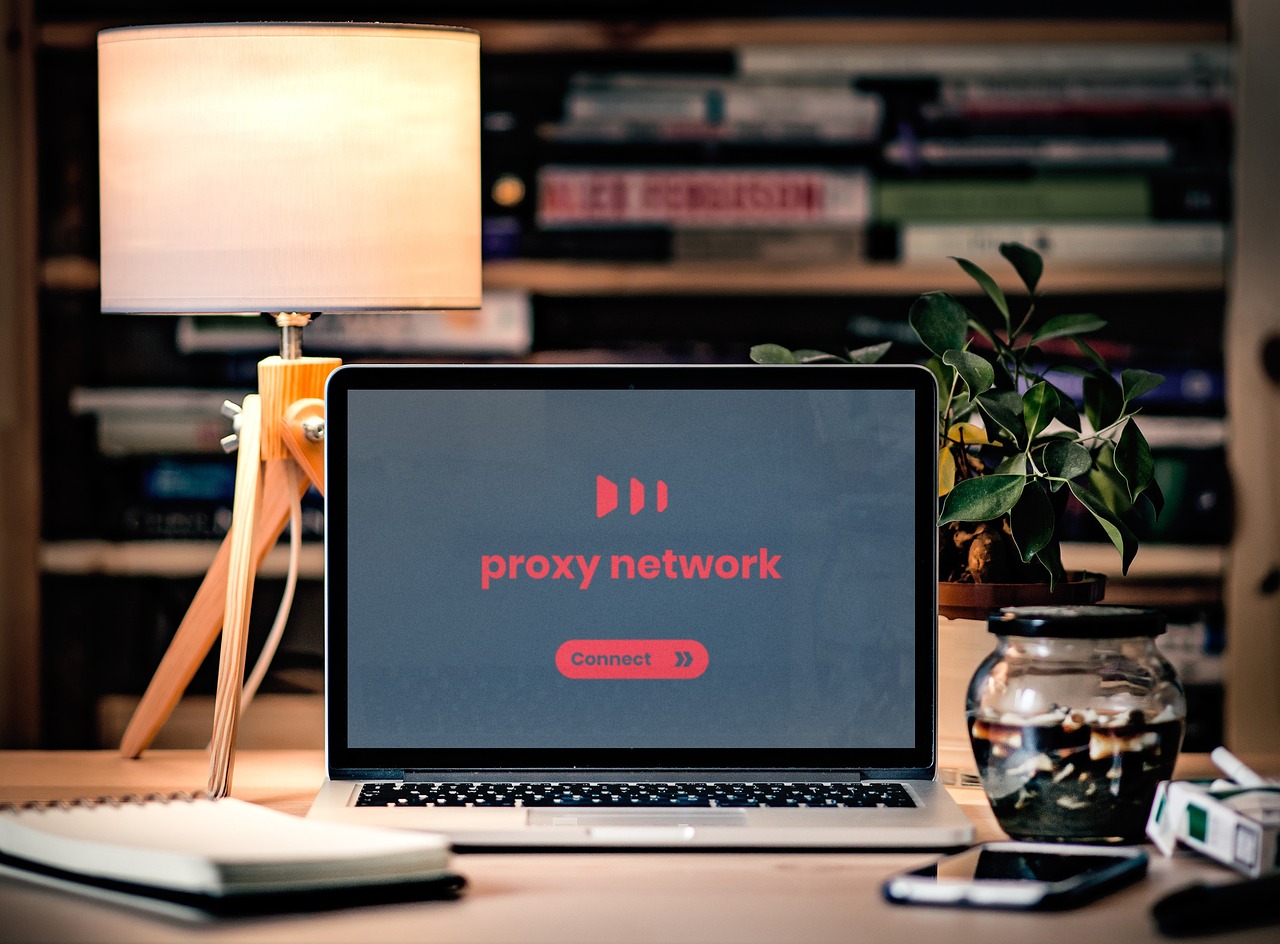Web scraping has mushroomed into a must-have for digital insight, powering everything from price checks to sentiment trends. Yet as sites roll out smarter anti-bot measures, the behind-the-scenes setup-proxies, servers, rotation schemes-now shapes success as much as, or even more than, the actual scraping code.
That reality hits hardest when a business sets its sights on Europe, and especially on the German market. Here, feeding requests through German IP proxies can change a projects entire outcome. Domestic sites usually tailor content based on incoming geolocation and often slam foreign traffic with tougher rate caps or cumbersome CAPTCHAs. By swapping in local proxies, scrapers present themselves as everyday users, sidestepping many blocks and pulling clean, place-relevant data.
Why German Proxies Are Crucial for Regional Data Accuracy
Local content delivery stands as one of web scrapings oldest headaches. E-commerce sites, news hubs, and marketplace portals consistently adjust what visitors see depending on where their IP resolves. A certain products stock, a promotions price, even a search suggestion can flip from Hamburg to Hamburg. Rely on random or U.S.-centered addresses and the blueprint you draw for market entry or localization will be at best skewed and at worst useless.
Routing your scrapers through German proxies puts your requests on the same digital road as a local user. For teams keeping an eye on DACH pricing or checking how search results look in German, that local touch keeps the data relevant.
A recent Proxyway report makes the point: using geo-targeted proxies pushed success rates up by 37 percent for sites serving location-specific pages. That lift can turn a shaky scraping setup into a steady flow of usable insights.
Rotating IPs, Session Persistence, and Legal Boundaries
Tie that geolocation to a solid tactic: rotate IPs regularly to dodge sudden blocks or throttling. Most large sites study traffic for red flags, and one giveaway is dozens of hits from the same address in a matter of seconds. Residential or mobile pools look like everyday phones or home networks, so they lend a more natural mask than traditional datacenter IPs, even if they cost a little extra.
Some scraping tasks need session persistence, especially when users are logged in or when the bot shuttles through multi-step forms. Here the goal is less about hopping between addresses and more about keeping the same IP alive, so logouts and page resets don t intervene mid-job. Providers like Bright Data and Oxylabs supply sticky German IP pools precisely for that kind of work.
Legal issues are hard to ignore, too. Scraping data advertised to the public is broadly legal in Germany, but the General Data Protection Regulation (GDPR) thickens the legal air. Any scrape that brushes up against personal or account-specific data-even in passing-pulls firms into GDPR territory, so they must anonymize records, log what gets done, and steer clear of pages hidden behind login gates or strict T&Cs.
Puppeteer fans ripping data from German storefronts usually stack a small cadence of pauses and a familiar path through each page so their headless bot feels human. Still, if they send that traffic without a set of well-rented German residential proxies, those careful scripts are likely to attract a flag. Modern frameworks like Scrapy already bundle middleware that rotates a new German proxy with just about every call, cutting the load on any single address and sparing the project from sweeping, site-wide blocks.
Behind most scraping headaches the root isn’t a bug in the library; it’s the way the proxy farm was wired. Cranking too many threads through one node, overlooking region-specific redirects or HTTP status codes, even small slip-ups can hijack sessions and leave chunks of the table empty.
Last Word: Proxies Are Your Profile, Not Just Pipes
Pointing scripts at German IPs may sound straight-forward, yet that choice shapes your compliance risk, your cleaning bill, and the trustworthiness of every number you put in front of a client. By 2025 the best teams wont only write faster scrapers; they will chart a clean, overlapping grid of residential, mobile, and data-centre nodes to match local patterns.
If German buyers sit at the center of your market plan, their digital footprint deserves the same level of attention. Shoot outside that circle and you may end up polishing insights built on errors, not on the behavior that drives revenue.
As digital borders tighten, tools like german proxies quietly redraw the map. In this shifting landscape, platforms such as Floppydata highlight the tension between access and control – where routing data becomes a subtle form of resistance.

Catherine Chipeta is an accomplished technical writer who has written material for a variety of sectors, including technology, SaaS, government, and finance. Her exposure to the security requirements of each of these businesses has prepared her for a career in cybersecurity.


